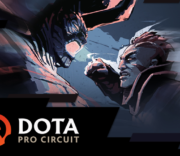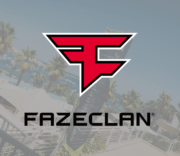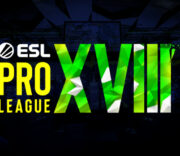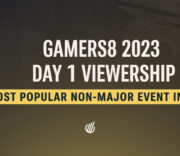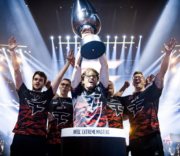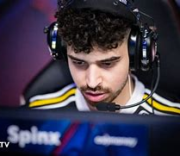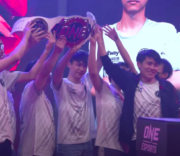
Valve, the game developer, has revealed its plans to enforce strict new guidelines for hosting Counter-Strike esports events, scheduled to be implemented by 2025.
The upcoming regulations state that tournament organizers must not maintain “unique business relationships or other conflicts of interest” with the participating teams, signaling a potential end to the current semi-franchised partner team model that currently dominates the competitive scene.
Valve has unveiled stringent new requirements for holding Counter-Strike esports events, which are set to take effect in 2025. As part of these changes, tournament organizers will be required to make any compensation they pay to participating teams, including prize money and other revenue streams, publicly available. The compensation must be based on objective criteria that can be inspected by the community.
To provide sufficient time for tournament organizers to fulfill their existing long-term commitments, these new rules will be implemented in 2025.
These changes are poised to bring about a significant overhaul of the Counter-Strike esports scene. Currently, the landscape is heavily dominated by two semi-franchised esports leagues: the ESL Pro League by ESL Gaming and BLAST Premier by BLAST.
ESL Pro League

ESL Pro League, organized by ESL Gaming, is a prestigious and well-established CS:GO league that has been a cornerstone of the competitive scene for many years. It features top teams from around the world competing in regional and international divisions. The league operates on a semi-franchised model, where partnered teams, often referred to as “partner organizations,” secure guaranteed slots in the league. These partner teams pay a participation fee and commit to long-term agreements to secure their positions.
The semi-franchised model ensures stability and a consistent presence of well-known organizations in the league. It also provides financial security to these partnered teams, allowing them to plan and invest for the future. The remaining slots in the ESL Pro League are open to non-partnered teams, who have the opportunity to qualify through regional or online qualifiers. This open aspect of the league allows aspiring teams to break into the top tier and compete against the best in the world.
BLAST Premier

BLAST Premier, organized by BLAST, is a relatively newer but rapidly growing CS:GO league. It is known for its unique tournament format, featuring multiple events such as the regular season, Spring Finals, and Fall Finals, culminating in the prestigious Global Finals. Like the ESL Pro League, BLAST Premier also follows a semi-franchised model. Partnered teams, known as “BLAST partner teams,” pay to secure their spots in the league, ensuring their participation in the tournaments.
The semi-franchised model in BLAST Premier offers similar benefits as in the ESL Pro League, providing stability and long-term planning for the partner teams. The remaining slots in the league are filled through qualifiers, offering opportunities for rising teams to compete at the highest level and potentially earn a spot among the partner organizations.
While both ESL Pro League and BLAST Premier have been successful in attracting top teams and viewership, Valve’s recent announcement of new requirements for holding Counter-Strike esports events, emphasizing transparency and open ecosystems, may prompt changes to the semi-franchised model. The esports community awaits further updates from ESL Pro League and BLAST Premier as they adapt their structures to ensure compliance with the new regulations and continue providing an engaging and competitive experience for CS:GO fans worldwide.
Conclusion
These leagues follow a ‘semi-franchised’ model, where partnered teams pay to secure guaranteed, permanent slots, while remaining slots are contested through open qualifiers.
Under Valve’s new rules, it seems that the current semi-franchised model may not be allowed in its current form, which indicates a substantial transformation of the game’s esports model.
Both ESL and BLAST have responded to the new rules. ESL FACEIT Group’s SVP of Game Ecosystems, Ulrich Schulze, stated that ESL is already working on adjustments to implement Valve’s vision, including shifting their tournament revenue sharing model to encompass all participating teams starting in 2025.
BLAST has also communicated that they will share their plans as they wrap up the 2023 season of BLAST Premier and look forward to 2024 and 2025. Despite the changes, BLAST Premier will continue to play a crucial role in tier 1 CS within the new open ecosystem, promising to maintain innovation in the esports viewing experience and expanding tournaments globally.
According to a blog post statement by Valve, the decision aims to maintain an open esports ecosystem for the company.
said ValveCounter-Strike is at its best when teams compete on a level playing field and when ability is the only limit to their success. Over the past few years, we’ve seen professional Counter-Strike drift away from that ideal. The ecosystem has become gradually less open, with access to the highest levels of competition increasingly gated by business relationships.


